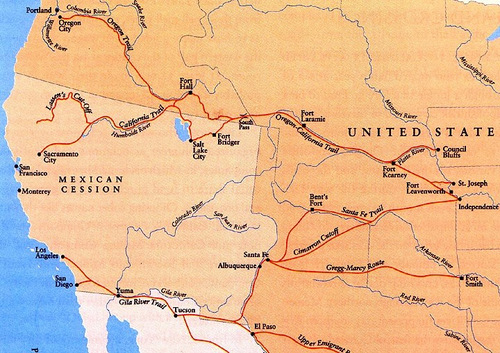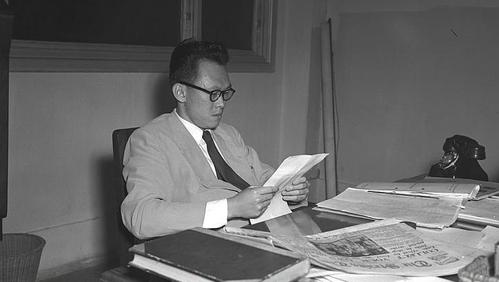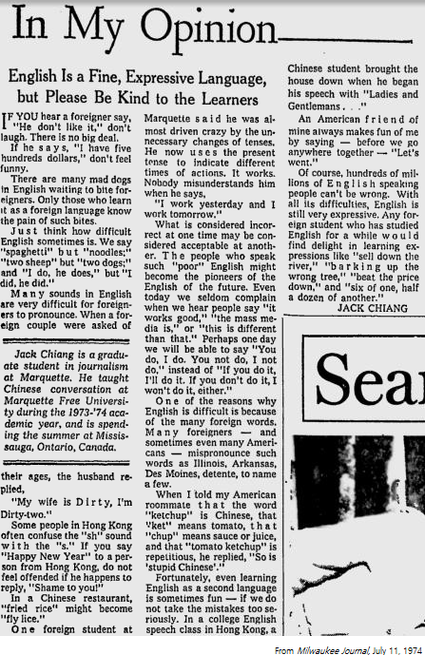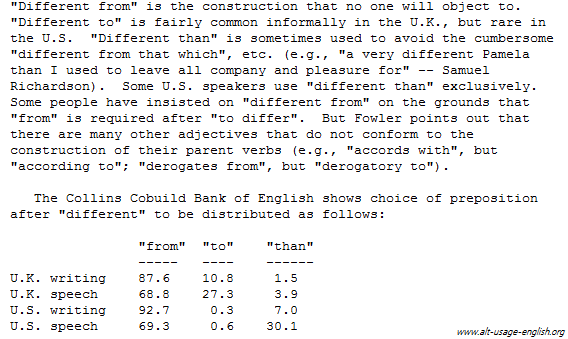The song was recorded in 1959. It tells the story of a man who went to California during the Gold Rush.
By Jimmy Driftwood / 1959 / “The Westward Movement” album
Oh!
There was an old man
from the county called Pike
And his name was Jolly ol’ Higgins
The darned ol’ fool
Who went an’ bought an ol’ mule
And was bound for the California diggins
Pull off your overcoat
‘n’ roll up your sleeves
For Jordan am a hard road to travel!
Pull off your overcoat
‘n’ roll up your sleeves
For Jordan am a hard road, I believe.
Well,
He took some bacon
An’ he took some beans
An’ he took some raw corn whiskey
He woulda took more
But he couldn’t pile it on
For the darned ol’ mule was so frisky
On he went
Through the mire and the mud
Till he came to this ol’ Platte River
In he plunged
Head over heels
And the bacon and the beans were lost forever
[Chorus]
Well,
If ever I marry
In this wide world
I’ll marry the ferryman’s daughter
So my wife can stand
In the prow of the boat
And my children can play in the water
If ever I marry
In this wide world
I’ll wed sweet Sally Gordon
She owns half the land
In the You-nited States
And a farm on the other side-a Jordan
[Chorus]
If you’re wondering
Who I am,
My name is jolly ol’ Higgins
I’m the darned ol’ fool
Who went ‘n’ bought the old mule
And I’m bound for the California diggins
[Chorus]
__________________

A credit to Jimmie Driftwood that he ends the song with Higgins still on the journey out to California, even after losing all his supplies. Jimmie Driftwood (1907-1998) was a product of 1910s and 1920s America, a time when (I think) the American spirit was optimistic and self-confident. He supposedly wrote many of his songs as aids to teaching his students U.S. history. His first career was as a teacher.
His most famous song of all is probably Battle of New Orleans, sung by Johnny Horton.







